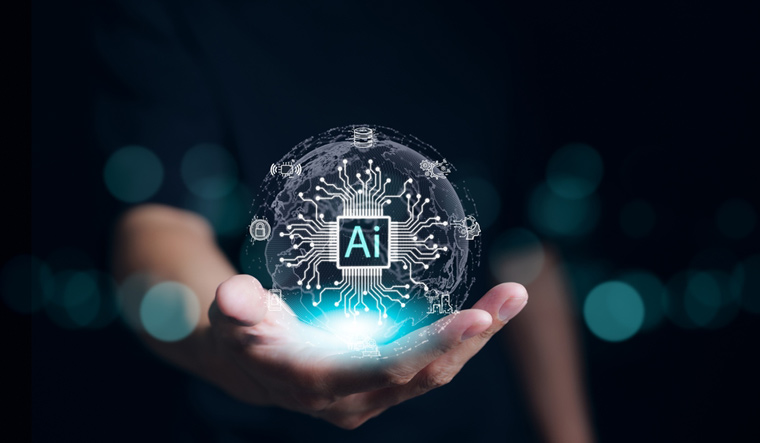There are many concerns raised by AI, including deepfakes, bias, privacy, copyright issues, and the looming threat of superintelligence. In 2024, AI and Generative AI will experience its first major ethical test—whether it can help democracy or serve to destroy it as elections are due in India, the UK, Indonesia, and the USA.
Excerpts from the interview.
What makes the 2024 elections around the world important in the context of AI?
What happens in these elections will vastly influence geopolitics, climate impact, the global economy, and the notion of democracy itself. There is an enduring fear that AI-based technologies, especially deepfakes, will be used to sway the narrative and manipulate voters’ minds by creating false but authentic-looking videos and images of political leaders. The Indian prime minister declared in a speech recently that he had become a victim of a ‘deepfake’ being shown to having participated in a folk dance, which he did not. Donald Trump was shown to be arrested by the Metropolitan Police in the US. Another was of a debonair-looking Pope in a white Balenciaga puffer jacket.
While there is a lot of conversation around how AI technologies can destabilise democracies, much like Cambridge Analytica and Facebook purportedly did in 2016, much less is talked about on how AI and GenAI can help strengthen democracy by revolutionising elections. If used rightly and well, these technologies offer a wealth of opportunities to boost transparency, inclusivity, and efficiency in elections, thus reinforcing this key pillar of democracy.
What can be AI’s impact on transparency?
The sophisticated data analysis capabilities of AI can monitor and analyse election-related data in real-time, identifying abnormalities that might indicate fraudulent activities. For example, AI algorithms can detect patterns of irregularities in voter registrations or ballot submissions, identifying potential areas of concern that require additional investigation. Moreover, AI can play a crucial role in the security of electronic voting systems, something of concern for political parties across countries. Predictive analytics and threat detection algorithms can also help predict and identify potential cyber threats, thus safeguarding the integrity of the vote.
What about Generative AI?
There are many ways Generative AI can help too. It can be used to up the level of voter education and engagement substantially, both in scale and scope. GenAI can be used to generate hyper-personalised information on candidates and their manifestos and policies, tailored to the individual needs and preferences of voters. This personalised approach could significantly increase political awareness and informed voting, especially among marginalised or disengaged groups. This could be done at scale with much lower costs and higher efficiency than ever before.
Can AI also contribute to inclusivity?
AI-powered systems can enhance accessibility for voters with disabilities. For example, AI-powered voice recognition systems can assist visually impaired voters in casting their votes independently. We can also use AI can evaluate social media and other platforms to assess public opinion across diverse demographic groups, ensuring that all sections of society are represented in the political conversation.
What about the logistical aspects of elections?
AI can be used to optimise these aspects, especially for large geographies like India. AI can help make voter registration and verification more efficient and help optimise the resources and time available for organisers. Used well, it can also help improve voter experience so that they do not have to wait in long queues and have all the information required to vote.
There are many fears about AI. How can these be addressed?
AI is a dual-use technology – much like nuclear power, it has a hugely beneficial side and a very dark side. The discourse today is focused on how AI tools can wreck democracy, and we definitely need to take the right measures around regulation, awareness and technology to ameliorate that. However, there is a lot of ways we can use AI to help elections and democracy positively and not lose sight of how it can revolutionise how we manage the processes of democracy, including elections.



